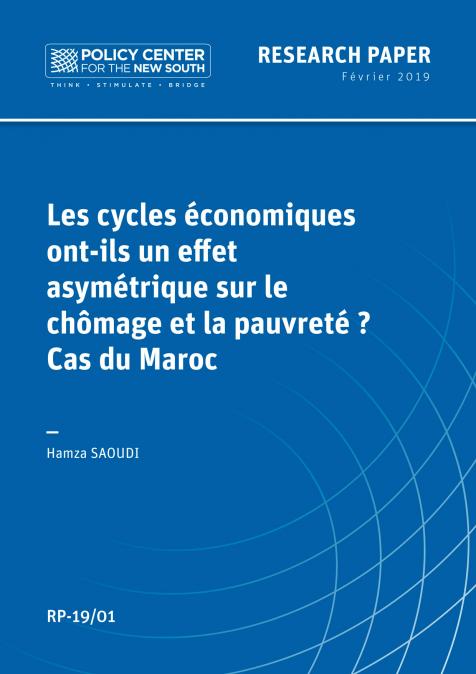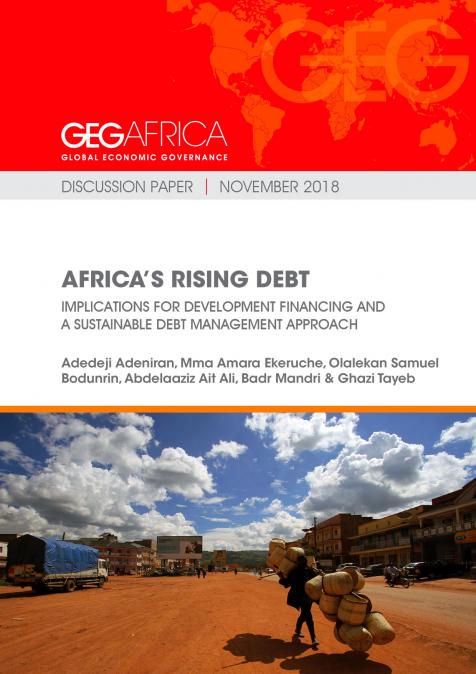Publications /
Book / Report
COVID-19 has ravaged nearly every country in the world, with the globalization of recent decades intensifying its spread. As of mid-2021, the world had spent $16.5 trillion—18% of global GDP—to fight the disease. And that amount does not even include the most important losses such as deaths, mental health effects, restrictions on human freedom, and other nonmonetary suffering. Nearly 90% of this spending was by developed economies, with the rest by emerging market and developing economies. As a result, developed countries are on their way to taming the pandemic. But at just $12.5 billion, or less than 0.0001% of the total, coronavirus-related spending by low-income countries amounts to virtually nothing.
This book shows that low- and middle-income countries still have a long way to go to control COVID. To survive the pandemic and restore economic growth, these countries must increase fiscal spending to vaccinate against and treat COVID-19 over the next two years. Because their ability to do so depends on individual country’s circumstances, the book examines the fiscal space of selected low- and lower-middle-income countries and finds that most are not in a position to increase fiscal spending without jeopardizing debt solvency and sustainability. Thus, this book concludes that developing countries must bite the bullet and be willing to risk further debt stress to emerge from the crisis. The international community must be willing to accept these exceptional conditions and adopt measures to ease the pain and suffering of the developing world. The book also recommends policies for dealing with the long-term growth issues of developing countries.











